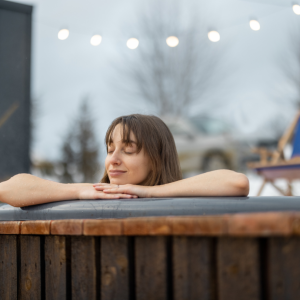Last Updated on May 27, 2024 by teamobn
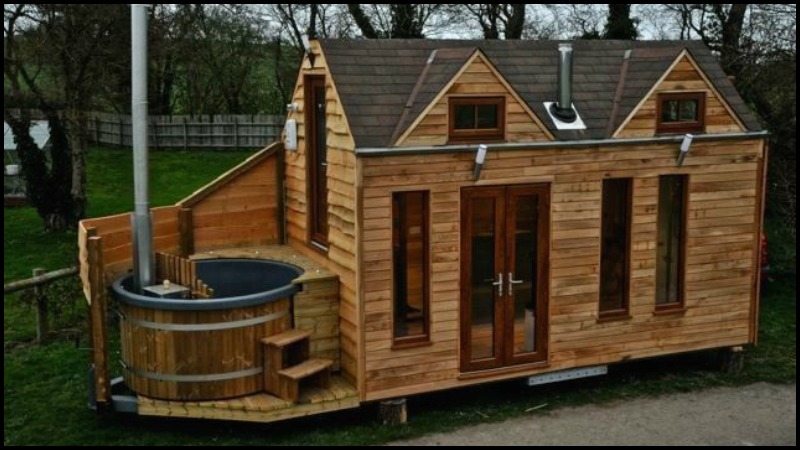
Living in a tiny house on wheels may mean a simpler life in general, but that doesn’t mean you have to say goodbye to all luxuries! You can still enjoy many of the same amenities as those in a larger home, just on a smaller scale.
For example, you can still have a comfortable bed to sleep in, a kitchen to cook in, and a living area to relax in. Plus, you can often find tiny houses equipped with modern conveniences like electricity and running water.
So if you’re downsizing for a simpler life, know that you don’t have to sacrifice all your creature comforts.
Tiny House on Wheels Features
Hot Tub
This tiny mobile house includes a built-in hot tub so that you can still unwind after a hard day’s work right in your own home! It is heated by a gas central heating boiler, but its manufacturer Tiny Wood Homes also sells wood-fired hot tubs if you prefer them.
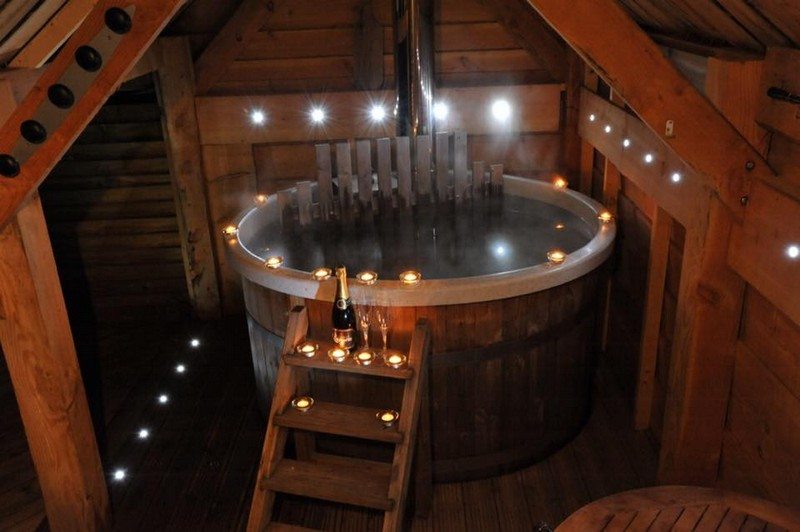
Kitchen
This professionally designed tiny house features a stunning kitchen with all the amenities you need to cook a delicious dinner. The sleek design and modern appliances will make your cooking experience a breeze. Plus, the beautiful countertops and backsplash will add a touch of luxury to your tiny home.
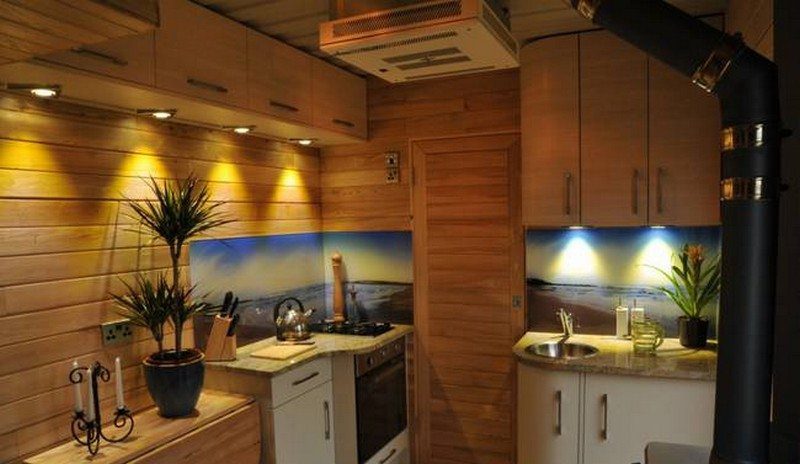
Double Bed Loft
This cozy tiny house features a double bed loft, perfect for a romantic getaway or a solo retreat. With plenty of windows to let in natural light and fresh air, you’ll feel right at home in this peaceful space.
Whether you’re looking to disconnect from the hustle and bustle of everyday life or simply want to downsize your living space, this tiny house is perfect for you.
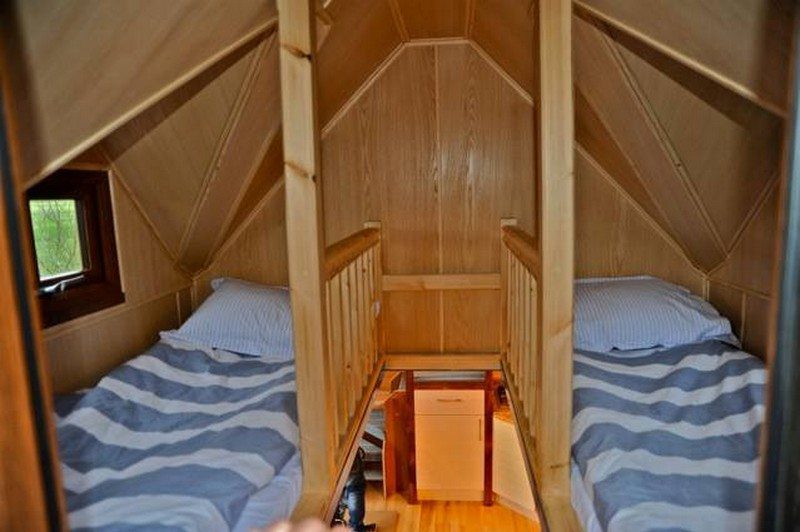
Seating that Unfolds into an Additional Bed
This cozy little house has a unique fold-out seating area that doubles as an extra bed, perfect for guests or for relaxing. The well-designed interior makes the most of the small space, and the bright, airy decor gives it a cheerful atmosphere.
Whether you’re looking for a simple vacation home or a permanent residence, this tiny house is a great option.
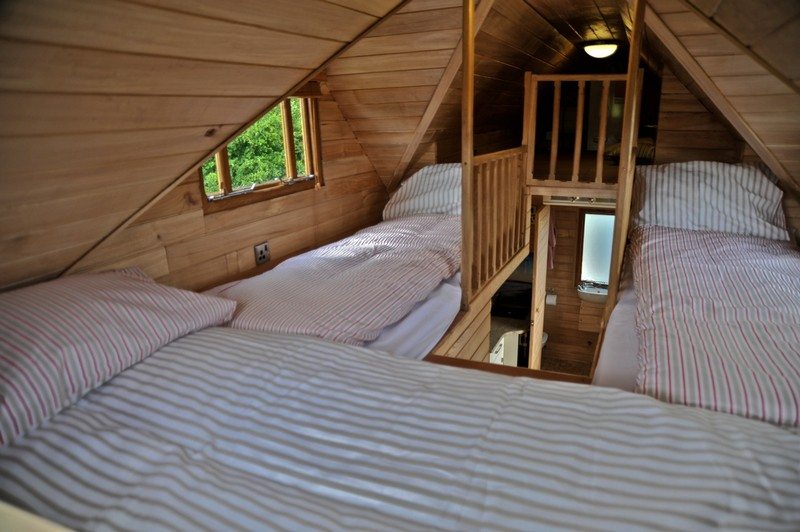
Fully-Plumbed Bathroom with a Shower
This quaint and cozy tiny house features a fully-plumbed bathroom complete with a shower, perfect for cleaning up after a busy day. The shower is also large enough for two people, making it perfect for couples or families who want to downsize without sacrificing luxury.
You can fit this tiny home in a standard trailer and tow it by truck. Despite its dimensions, this home feels spacious thanks to its double-height ceiling!
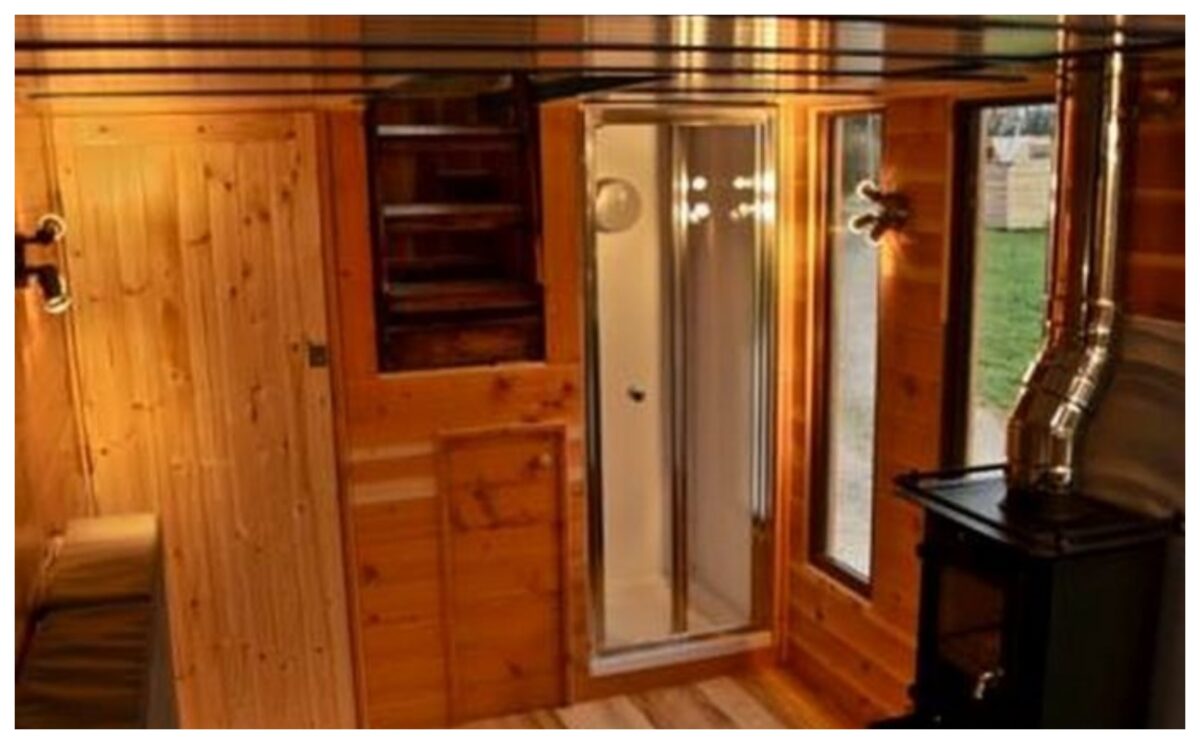
Dining Furniture
This cozy little house features a foldable dining furniture set, perfect for when you want to save space or have an extra room to entertain guests. The set includes a table and chairs that can be easily stowed away when not in use, making this the perfect solution for small homes or anyone who loves to entertain.
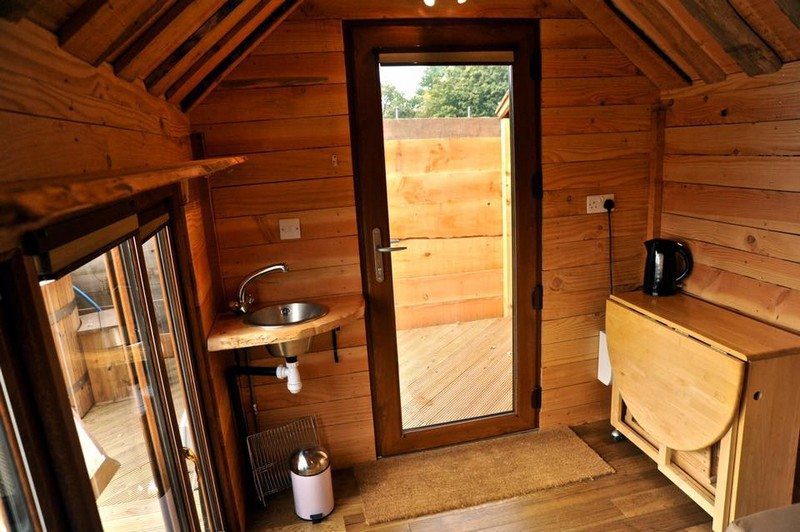
An off-grid version is also available where it consists of a water tank, a composting toilet, and solar power.
Tiny houses are essentially houses built to occupy less space, but tiny houses are getting increasingly popular. Tiny houses are able to provide the same if not better amenities than a regular size house, and are built to be more eco-friendly and less expensive.
Because of their small size, tiny houses provide many of the same amenities as a regular size house, but at much cheaper prices. Is this the kind of house you would like to live in? 🙂
If you want to know more about this tiny house on wheels, you can head over to Tiny Wood Homes website.
Exploring the Costs and How to Finance Your Tiny House on Wheels
Deciding to buy or build a tiny house on wheels is a big step. It’s a chance to simplify your life and enjoy more freedom, but it’s important to get a handle on the costs first. Here’s a straightforward look at what you can expect to spend and how to manage the finances for your tiny house on wheels.
What You’ll Spend Upfront
Whether you’re buying a ready-made tiny house on wheels or planning to build your own, the initial costs can vary a lot. If you go for a pre-built home, prices typically range from $30,000 to $60,000. If you choose to build, you could start at around $20,000 if you’re hands-on and willing to do the labor. Opting for custom designs and high-end finishes can push the price above $100,000.
Land and Setup: What to Expect
Your tiny house on wheels needs a spot to park. Whether you buy a piece of land or rent a space, prices will differ based on location. Setting up utilities like water and electricity adds more to your startup costs, usually between $3,000 to $10,000.
Keeping Your Tiny House Rolling
Maintaining your tiny house on wheels is cheaper than a traditional home, but it’s not free. Plan for an annual budget of $500 to $1,000 for maintenance. This covers things like minor repairs and updating parts of your home as needed.
Ways to Finance Your Tiny Home
Finding money for your tiny house on wheels can be tricky since traditional mortgages might not apply. Here are some alternatives:
- Personal Loans: These are flexible but can have higher interest rates.
- RV Loans: If your tiny house qualifies as an RV, this loan can offer lower down payments and extended payback periods.
- Direct from the Maker: Some places that build tiny houses offer their own financing, which can simplify the buying process.
- Save Up or Crowdfund: If you’d rather avoid loans, consider saving up the full amount or asking friends and family to chip in through a crowdfunding platform.
Buying a tiny house on wheels is more than a purchase—it’s stepping into a new lifestyle. By understanding the full range of costs and exploring various financing routes, you’ll set yourself up for a successful and stress-free transition to tiny living.
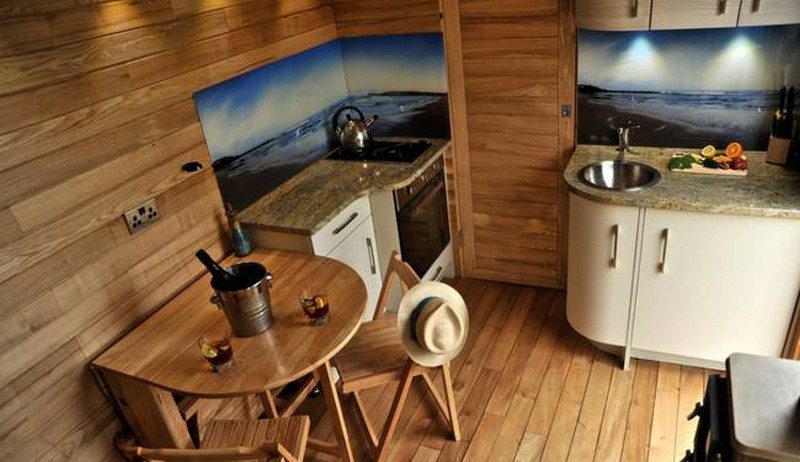
Legal Considerations and Zoning Laws
A tiny house on wheels is a big decision with legal ramifications. Knowing zoning rules and other rules is essential to making sure you may live in your little house legally.
Below are laws and legal parts of owning a tiny house on wheels.
Understanding Zoning Laws
Zoning laws determine where a tiny house on wheels can be legally placed and lived in. These laws vary widely depending on the city or county. In some places, tiny houses on wheels are classified as RVs and can only be parked in designated RV parks. Other areas might allow them in residential backyards if they meet certain criteria. It’s important to check local zoning regulations to see where your tiny house on wheels can legally reside.
Building Codes and Standards
Your home still has to adhere to specific safety regulations even if it is mobile. The National Fire Protection Association (NFPA) 1192 standard applies to RVs, hence most tiny homes on wheels will need to comply. This covers specifications for fire safety, plumbing, and electrical. Finding a legal parking place will be much easier and you will be safer if your little house on wheels is up to code.
Registration and Road Legalities
Since a tiny house on wheels is designed to be mobile, it must be registered with your state’s Department of Motor Vehicles, similar to an RV. This involves getting a license plate and possibly passing a vehicle inspection. Understanding the requirements for making your tiny house road-legal is essential, especially if you plan to move frequently.
Property Taxes and Insurance
Owning a tiny house on wheels may also affect your property taxes and insurance needs. In some cases, if the tiny house is registered as an RV and not affixed to a permanent foundation, it might be exempt from property taxes. However, you’ll still need to secure some form of insurance to protect against theft, accidents, or natural disasters, which might require specific policies tailored to tiny houses on wheels.
Navigating HOA Rules and Private Land Restrictions
Check the rules of any development or homeowners’ association (HOA) where you intend to park your tiny house on wheels. There are sometimes restrictions on the kinds of homes that are permitted by many HOAs, and small houses on wheels frequently run into problems. Similar limitations and arrangements with the landowner may apply to parking on private property.
Living in a little house on wheels offers independence, but it also entails knowing and adhering to a number of legal regulations. Researching and following these rules—which cover everything from building standards and registration to zoning laws—will assist to guarantee that your small living experience is both happy and legal.
Click on any image to start the lightbox display. Use your Esc key to close the lightbox. You can also view the images as a slideshow if you prefer.
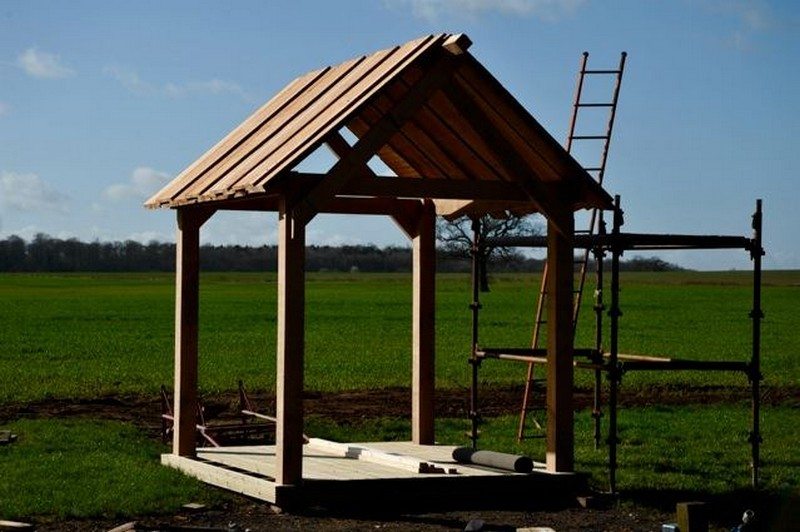
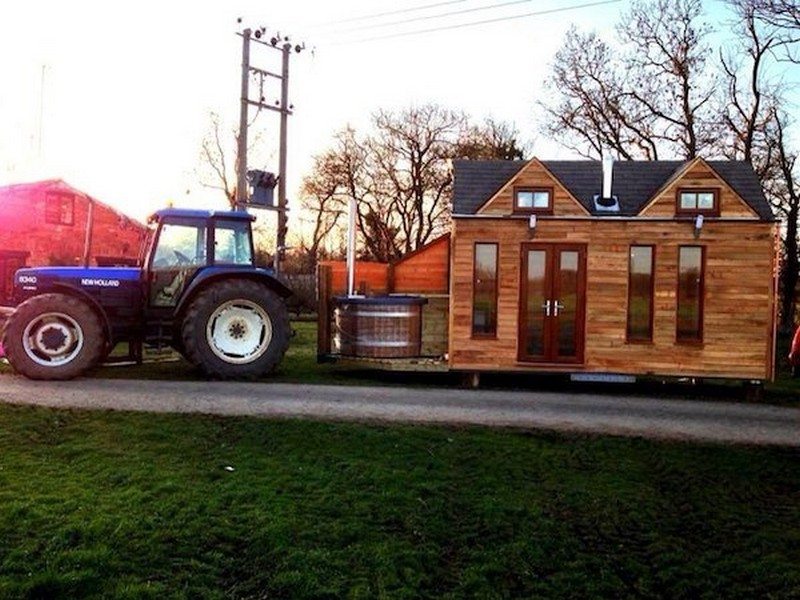
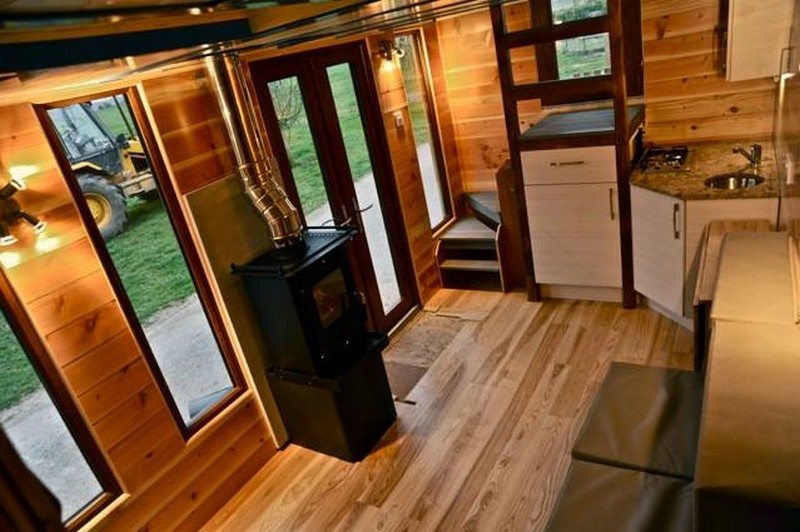

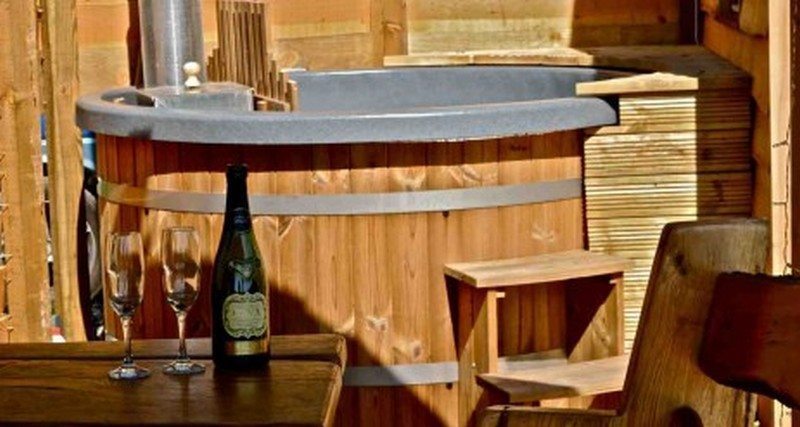


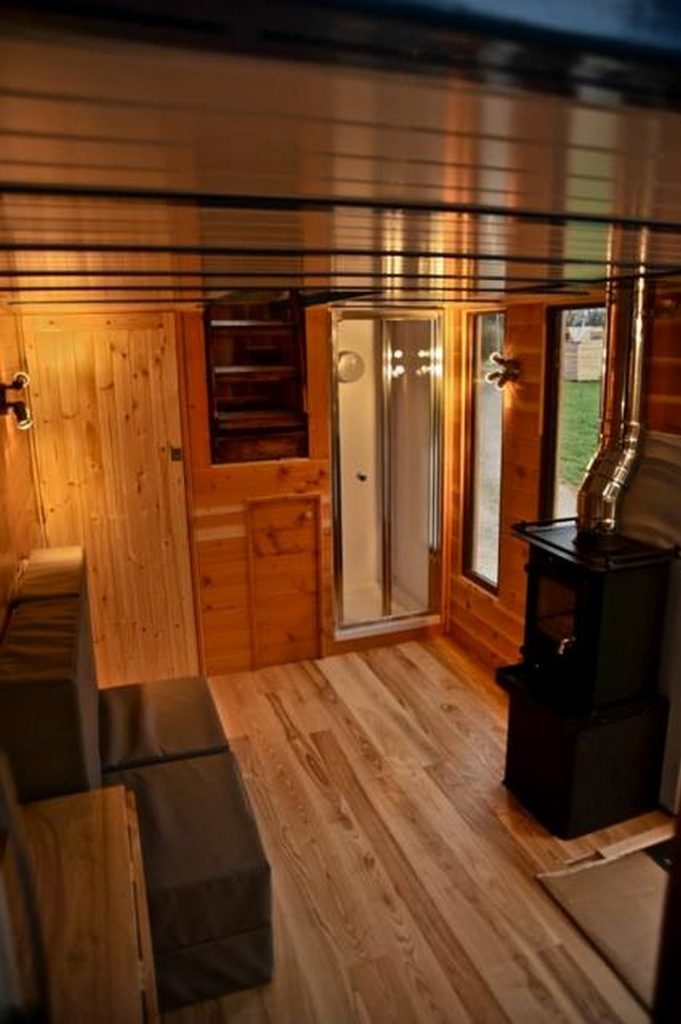



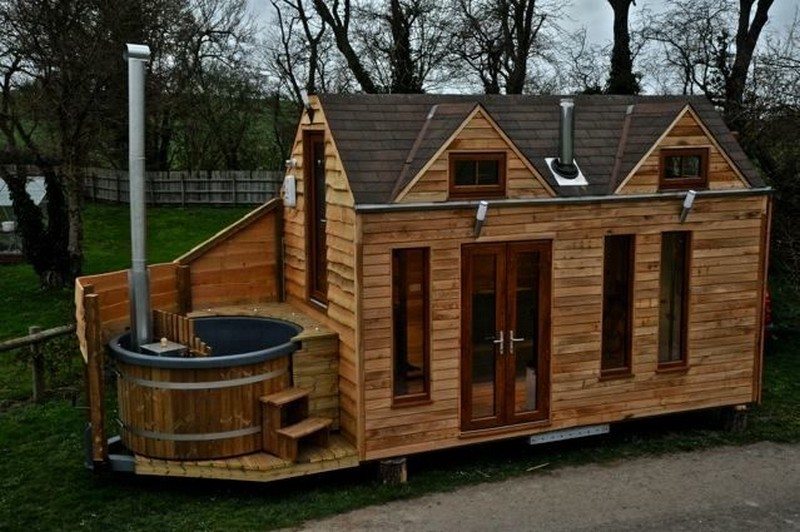
If you liked this, you will also enjoy viewing La Tiny House…
Conclusion
Owning a tiny house on wheels offers a unique blend of simplicity and mobility, allowing you to live comfortably with fewer possessions and more freedom. However, it requires careful consideration of legal, zoning, and financial aspects to ensure a smooth transition. Embracing this lifestyle can lead to a fulfilling and sustainable way of living, as long as you navigate these challenges effectively.





